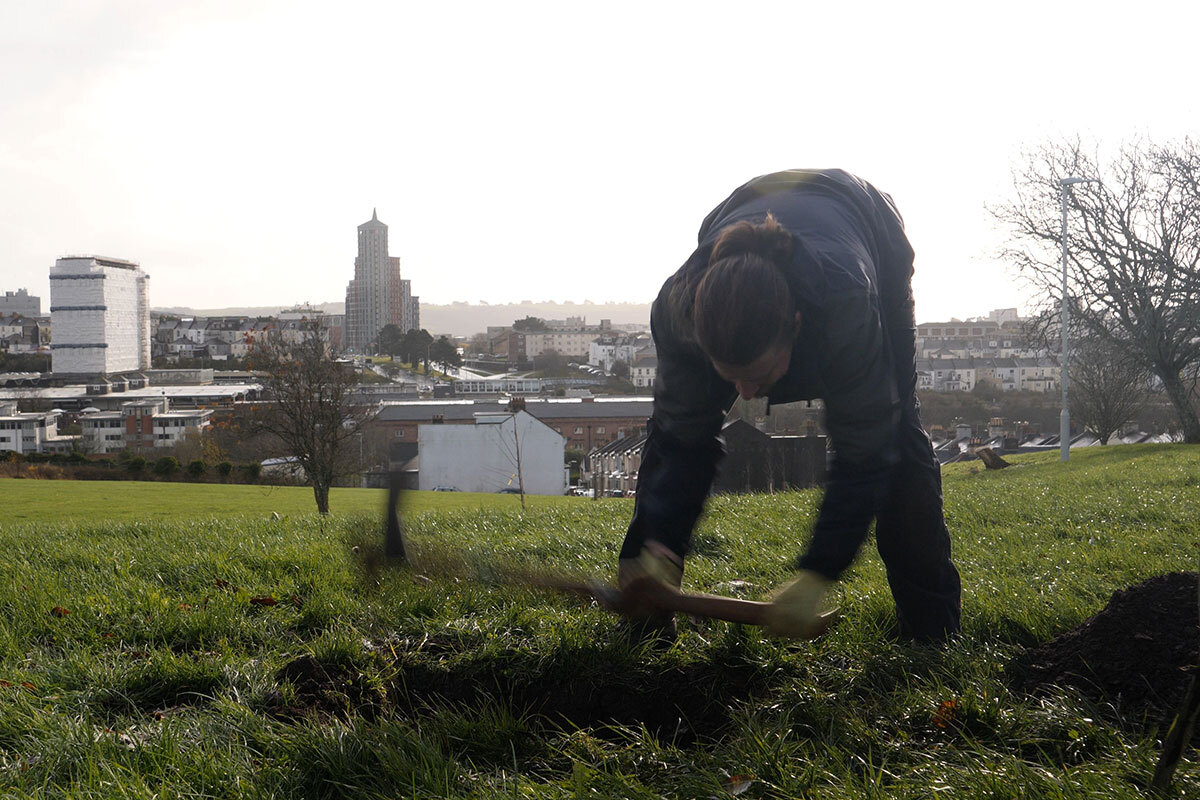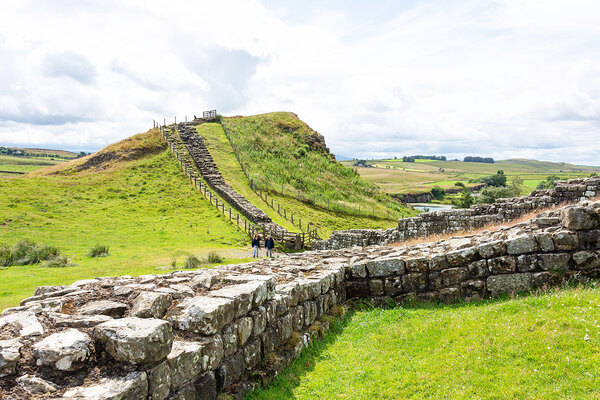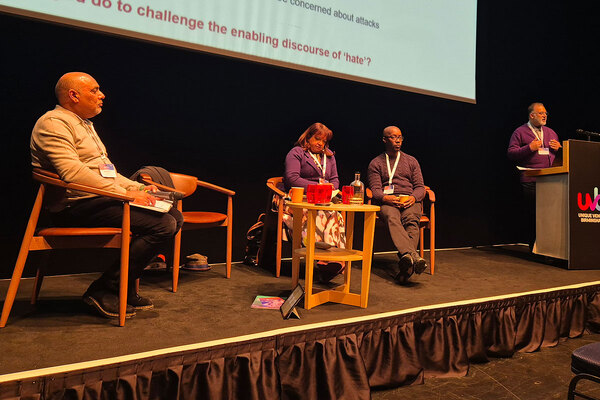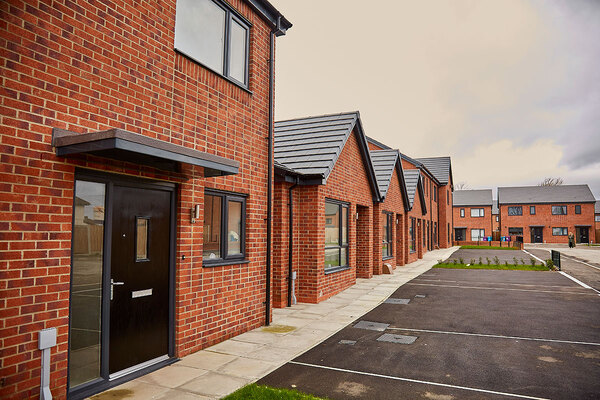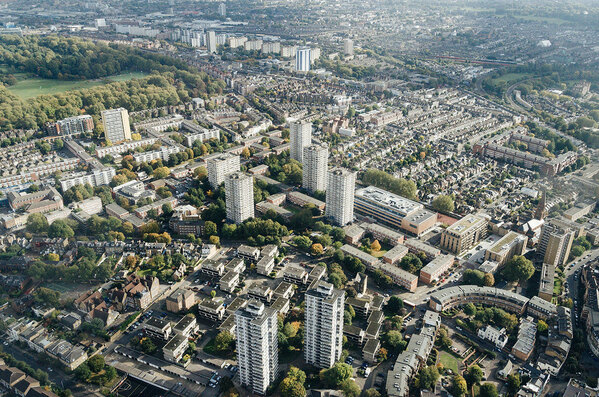You are viewing 1 of your 1 free articles
City council sets up ‘habitat bank’ for developers to boost biodiversity
Plymouth City Council has created a specialist “habitat bank” to help developers meet their biodiversity commitments.
Ocean City Nature will be an arm’s-length, council-owned company initially funded with a £500,000 loan from the local authority.
It will function as a form of green finance designed to make sure that net gains on biodiversity, which are required by law on large developments, come to fruition.
Planning laws are set to change in January 2024, requiring all large developments to provide at least a 10% biodiversity net gain. This is calculated using the difference between the pre-development and post development habitat data.
Plymouth Council is believed the first local authority in the UK to roll out a habitat bank funding model to help developers meet that standard.
Tom Briars-Delve, cabinet member for environment and climate change at Plymouth Council, said: “As funding challenges for all services get tighter and tighter, this comes as a breath of fresh air.
“Plymouth is already a green city, but we want to make it greener for the benefit of communities and nature for many, many, many years to come.
“This is a great example of the kind of model we will be supporting through our green investment fund – investing our money wisely to bring benefits not only to the city but also the planet.”
The local authority said it will help ensure developers’ biodiversity plans actually benefit people living in the city, as well as making sure natural habitats are looked after and maintained over the coming years.
The money will be put to work immediately to bolster biodiversity in local nature reserves Cann Wood, Ham Woods and Chelson Meadow.
Work will include tree planting, coppicing and thinning, improved grassland management and seed sowing. These will be carried out over the first year of operation.
Developers investing in the city will then be able to purchase ‘units’ of already established biodiversity from the habitat bank, enabling them to fulfil their legal obligations.
The income from the sale of the units will then be used to repay the initial loan with interest and fund the ongoing maintenance of the sites. In the future, if there is sufficient demand it will be open to other investors and other sites will be incorporated.
The project was developed through the Future Parks Accelerator (FPA), a joint initiative of National Lottery Heritage Fund and the National Trust. It also had support from impact investment advisor Finance Earth and additional funding from the Department for Environment, Food and Rural Affairs’ Natural Environment Impact Readiness Fund.
Harry Bowell, director of land and nature at the National Trust and board member at the FPA, said he hopes the model will be “useful to other local authorities wanting to restore nature in ways that benefit their local communities”.
“It’s vital government seizes the opportunity to build the capacity of cities and towns across the country to follow Plymouth’s lead in creating new ways to invest long term in urban nature recovery.”
Richard Speak, co-founder and managing director at Finance Earth, added that the bank “represents a new way of thinking about how to revitalise green spaces in our towns and cities and reverse the decline in biodiversity”.
Sign up for our Council Focus newsletter
Already have an account? Click here to manage your newsletters
